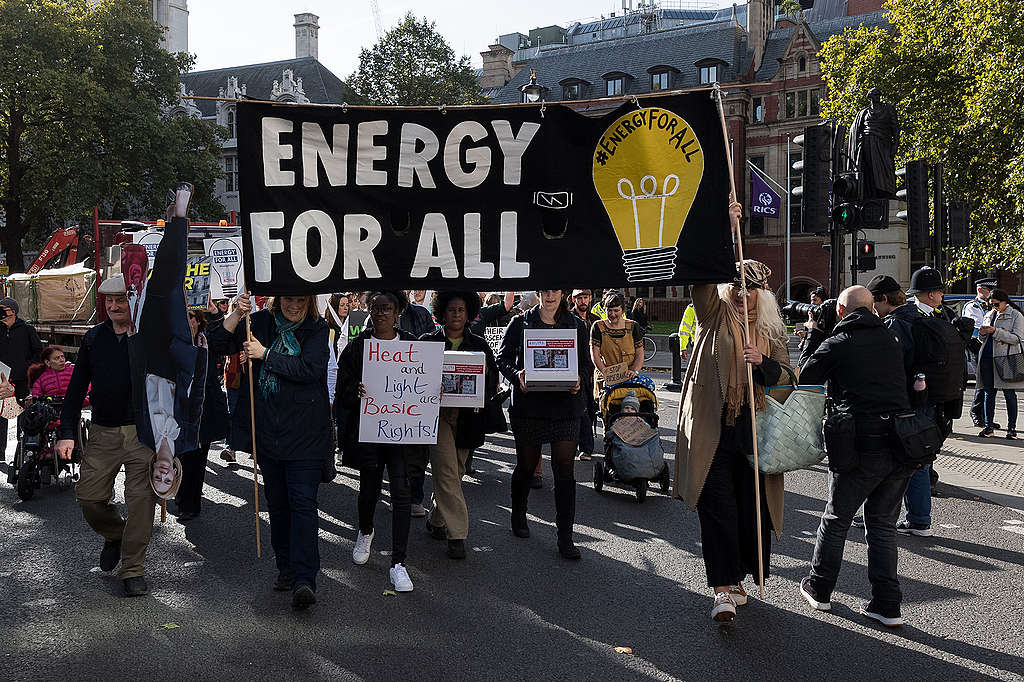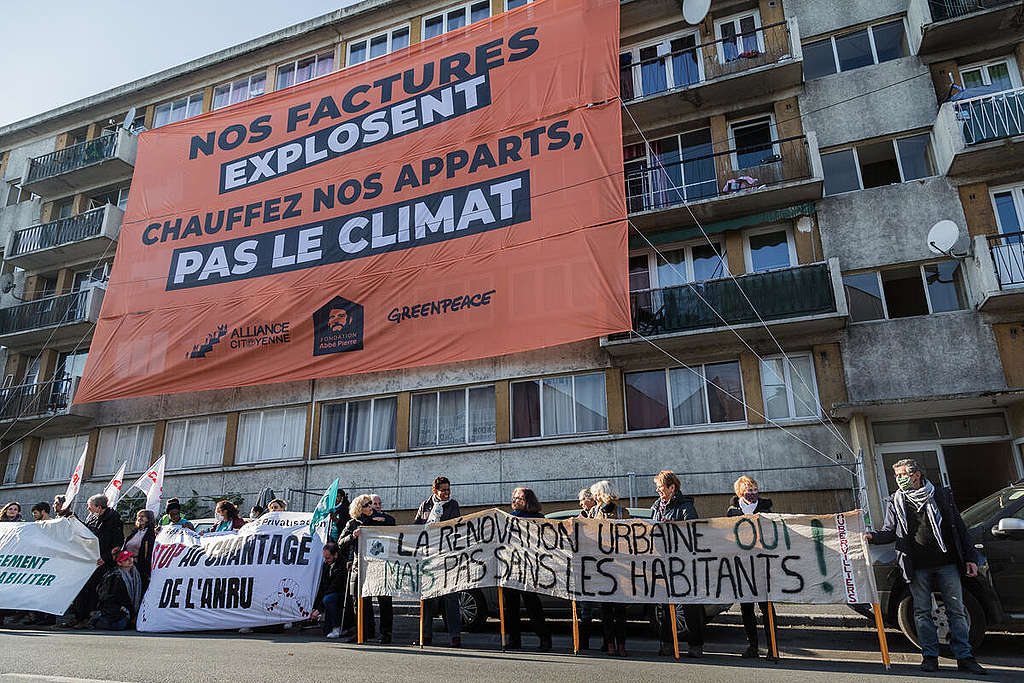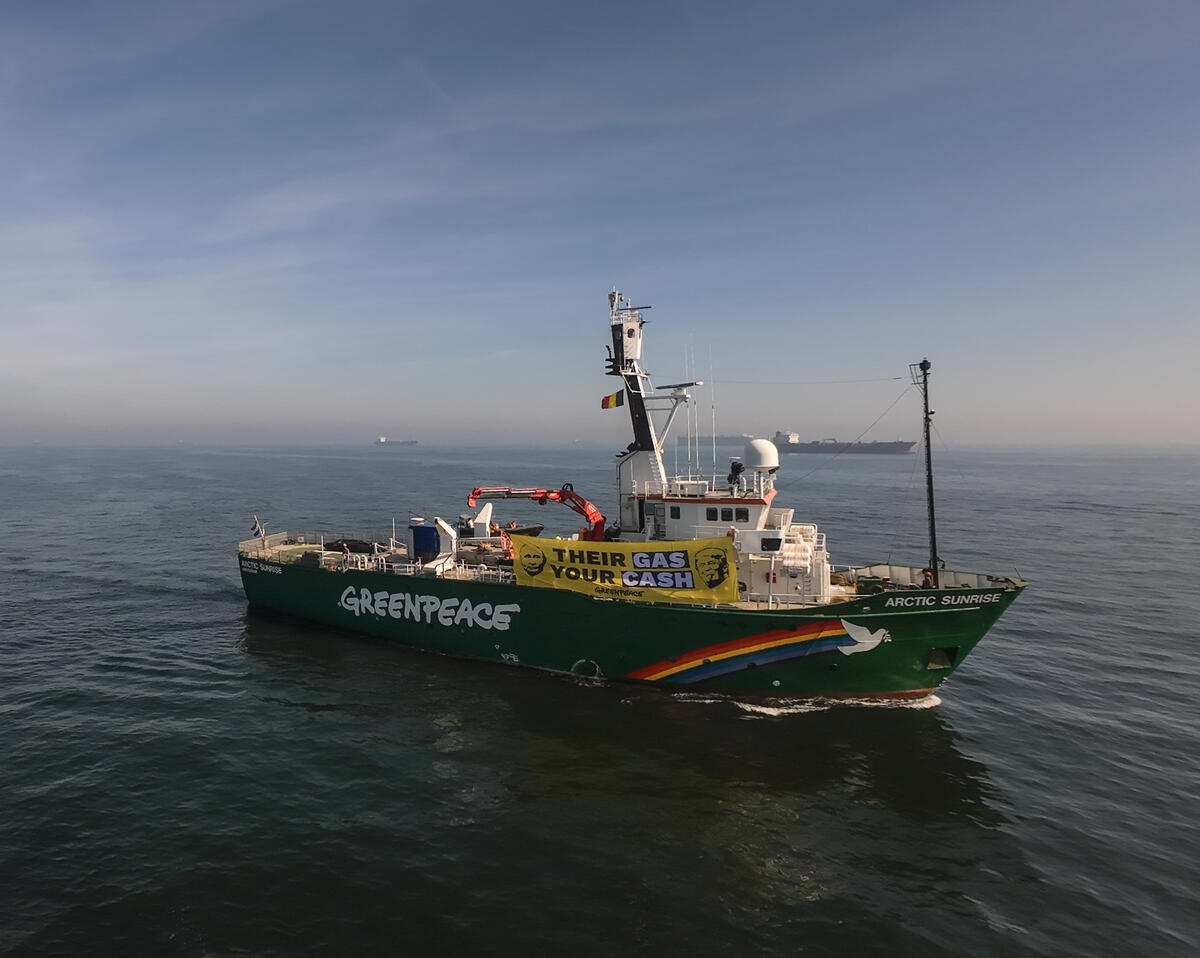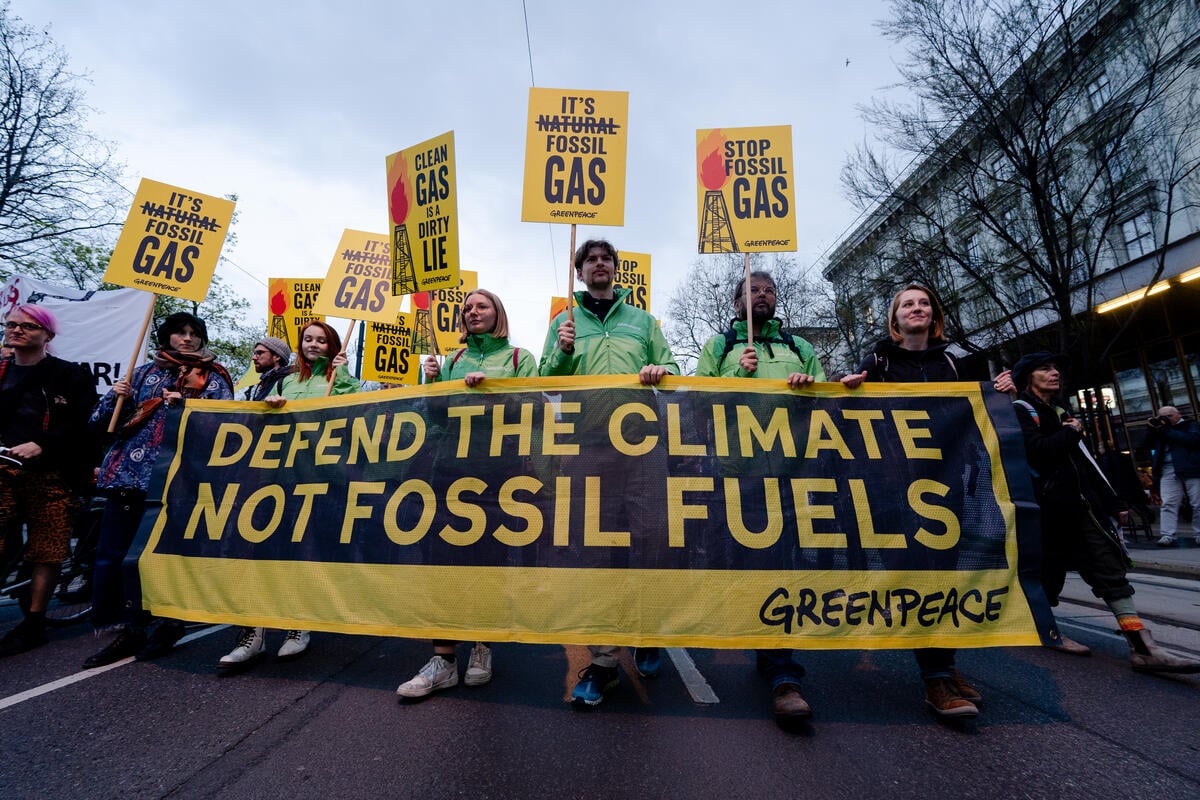
The cost of energy, fuelled by the rise of fossil fuel prices, makes meeting their basic energy needs unaffordable for many people. In the meanwhile, fossil fuel companies keep making record profits.
Physical access to energy infrastructure is still not a given for more than one person out of 8 on this planet. Almost 1 billion people across the globe do not have access to electricity in their homes. Sub-Saharan Africa countries account for 75% of this number.
In other regions, like in Southeast Asia, there are 45 million people without access to electricity, living mainly in Cambodia and Myanmar where other poverty issues coexist. In the Middle East and North Africa region, about 65 million people of 214.8 million have no access to electricity, while an additional 60 million suffer from prolonged power outages and undersupply.
Inadequate housing, often closely associated with energy poverty, can have terrible health consequences, such as cardiovascular and respiratory illnesses, asthma, home injuries such as burns and falls, household carbon monoxide poisoning, chronic obstructive pulmonary disease and lung cancer in adults and pneumonia in children. Inadequate housing in the 27 countries forming the European Union and in the UK is estimated to cost a total additional €194 billion in healthcare costs.
Fossil fuel prices are driving more and more people into energy poverty
Energy poverty occurs when energy bills represent a big part of an individual’s or a family’s income, or when they must reduce their household’s energy consumption to a degree that negatively impacts their health and well-being.
Energy poverty was already a major issue before the ongoing energy crisis. Not being able to ensure its energy needs, or having to choose between heat or eat, is a problem faced by millions of households around the world. Soaring fossil fuel prices – and thus energy bills – are now pushing people further into energy poverty: according to a new report from the International Energy Agency (IEA), 160 million more households have been pushed into energy poverty since 2019 and the number of people without reliable access to heating, cooling, clean cooking and other energy services has risen to around 2.5 billion worldwide.

Around 75% of buildings in the EU are energy inefficient and 36 million people were not able to heat their homes adequately in 2020. Clearly, Europeans are not the only ones affected by energy poverty. In the USA in 2015, up to one in three households faced challenges in maintaining correct temperatures in their home.
Hoy hemos salido a la calle en Madrid para decir bien alto que la justicia climática pasa por garantizar el derecho a la energía limpia y poner a las personas q sufren de #PobrezaEnergetica delante de los beneficios de las corporaciones fósiles. #NadieSinEnergía pic.twitter.com/9mdLCQ6WSx
— Greenpeace España (@greenpeace_esp) February 20, 2022
Fossil criminals make us sick
We all need sufficient levels of heating, cooling and lighting in our homes to have a decent standard of living and help guarantee our health. The energy crisis, fuelled by the rise of fossil fuel prices, is worsening inequalities and pushing more and more people into energy poverty. This means that more and more people have to face the health consequences associated with energy poverty.
Spending time in underlit and under heated buildings can contribute to depression, stress, and anxiety in all age groups, impacting also school or work performance. It also doubles the risk of suffering from poor mental health. Because they have more fragile health and usually spend more time indoors, children and the elderly are the most affected by energy poverty.
A child living in an energy poor household faces 30% greater risk of admission to hospital or primary care facilities, and is more than twice as likely to suffer from respiratory illnesses because of cold and dampness. Bad or inadequate housing, to which energy poverty or poverty in general greatly contributes, can also lead to mental health problems and risky behaviours such as alcohol and drug abuse and violence.
A risky situation also for older people, who are more susceptible to hypothermia, or mental health problems, such as depression and anxiety, as well as loneliness and social exclusion.
The communities bearing the brunt of energy poverty and its associated impacts are often the ones who were already struggling to pay their energy bills and bring food to the table because of low incomes, bad insulated houses or old heating systems, but also people with already fragile health.
These health impacts push vulnerable people into a vicious circle, as they will have to spend even more money to get medical treatment while they couldn’t afford safe environments in the first place.
Our dependence on fossil fuels is putting strain on the already strained household economies of energy poor households but also on the healthcare systems.
Our dependence on fossil fuels is killing us
The combination of cold temperatures and a dependence on fossil fuels also lead to deaths.
A few weeks ago in Belgium, in one of the richest countries in Europe, a mother and her daughter died of carbon monoxide poisoning after having used a barbecue indoors: they were looking for an alternative to heating. Energy prices are so high that they couldn’t heat their home properly.
According to the World Health Organisation, indoor air pollution, partly caused by the use of hazardous fossil fuels like coal, kerosene or gas, was responsible for an estimated 3.2 million deaths per year in 2020 globally, including over 237 000 deaths of children under the age of five.
Each year around the world, 4.5 million people die from cold temperatures, with poverty playing a key role. In the EU alone, indoor cold is responsible for around 58,000 excess deaths per year.
🔴ACCIÓN🔴
— Greenpeace España (@greenpeace_esp) February 16, 2022
⚡️Estamos con decenas de entidades en lucha contra la #PobrezaEnergética.
📢Desplegamos 20 metros de letras con un mensaje muy claro:
⚫️LA POBREZA ENERGÉTICA MATA⚫️
⚠️Y la sufren 4 de cada 10 personas en España mientras el oligopolio se lucra.#NadieSinEnergía pic.twitter.com/CfL5K5v047
Many parts of the world experience higher rates of mortality and morbidity during winter months compared with at other times of the year. Many countries experience an Excess Winter Mortality (surplus number of deaths occurring during the winter months compared with the average of the non-winter months) that can go up to 29.4% in Malta and 28% in Portugal.
Unabated fossil fuels currently account for over 60% of total global electricity generation and current electricity and gas prices could drive deaths above the historical average this winter. A recent analysis predicts that in Europe only, high fossil fuel prices could be responsible for 32,000 excess deaths in case of a mild winter in Europe, and up to 335,000 if the winter is harsh.
It’s time to hold fossil criminals accountable
While fossil criminals benefit from the soaring prices and make record profits, people suffer from their greed.
‘Grotesque greed’: immoral fossil fuel profits must be taxed, says UN chief https://t.co/CHTGHw8rCc
— The Guardian (@guardian) August 3, 2022
Governments must tax the excessive profits racked up by fossil fuel companies and use these funds to support the most vulnerable in these difficult times. This money must be used to support people and make sure no one has to choose between eating and heating, and that no one is condemned to die a slow death because of fossil fuels and corporate greed.
Policies to support renovation of buildings to have better insulated and healthier homes, to develop a distributed clean energy system which would allow millions of individuals and local communities to produce, use and sell renewable electricity and to push down energy costs are crucial.
So is reducing our dependence on fossil fuels. For now, fossil fuel companies are just making money at the expense of the most vulnerable while pushing the world towards a climate and health catastrophe.
This has to stop. It’s time to hold them accountable and end fossil crimes.
Manon Laudy is a media coordinator with the Fossil Free Revolution campaign at Greenpeace International.



